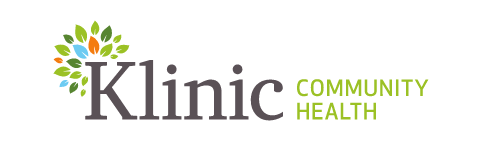September 30 is the National Day for Truth and Reconciliation (or you may also call it “Orange Shirt Day”) to honor and commemorate all the children who never returned from residential schools, those who survived them, and to their family and community members. This also offers an opportunity to raise awareness of the inter-generational impacts of historical trauma, to reflect and identify how we can commit to action for a better future.
We know that colonization is not only a harm of the past. Many of our present-day practices are deeply rooted in colonialism, and as a result we replicate these harms albeit unintentionally or unwittingly. One of the goals of this day, and every day, is to recognize the ways in which this occurs and to work towards dismantling colonial structures and systems as a commitment to change the future.
What can reconciliation look like?
- Seek to understand the history of the land on which you live and work and determine how you fit into this history.
- Learn about the historical and intergenerational effects of trauma from colonization and deepen your understanding of Indigenous healing practices.
- Celebrate the strength and resilience of First Nations, Inuit, and Metis peoples. Seek out and support Indigenous artists, authors, performers, entrepreneurs, educators, activists etc.
- Read the calls to action from TRC and MMIWG+ (see resource links below). Reflect on how this relates to you and your role and create an action plan to address these calls in your workplace.
Decolonizing our practices and ways of being is an ongoing and active process involving a commitment to review, reflect and challenge our ways of seeing and being in the world. This includes examining our own identity, location, power and privilege and challenging our biases, both conscious and unconscious.
Resources:
Phyllis (Jack) Webstad’s story
National Centre for Truth and Reconciliation
TRC Commission: Calls to Action
United Nations Declaration on the Right of Indigenous Peoples
National Inquiry into MMIWG 231 Calls to Justice (2019)
52 Ways to Reconcile: How to walk with Indigenous peoples on the path to healing (2025) by David Robertson.



